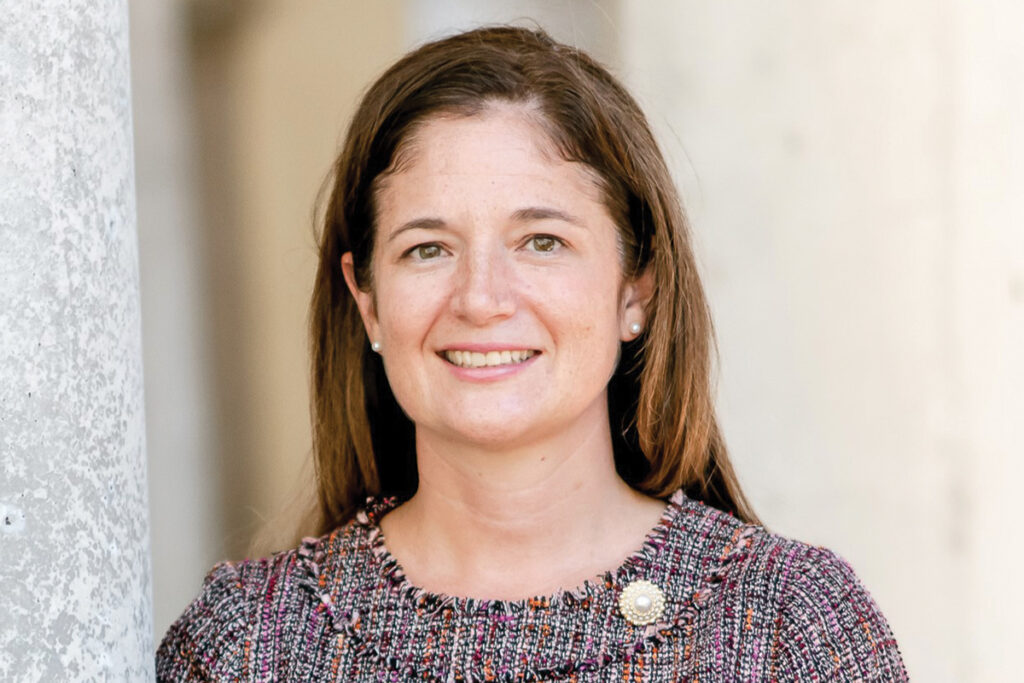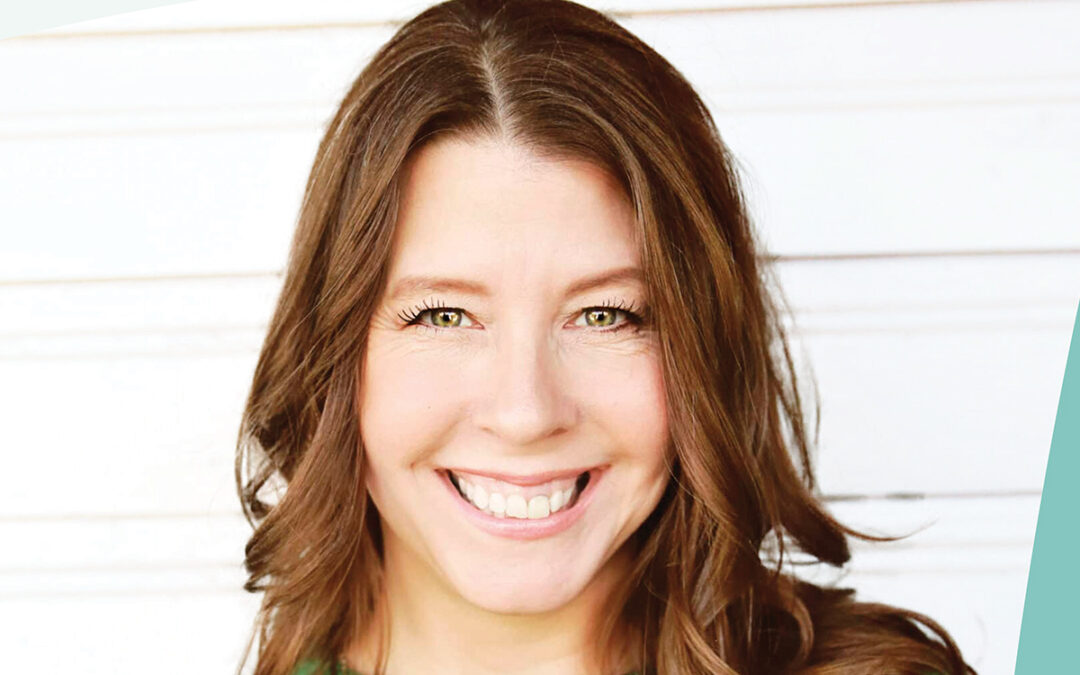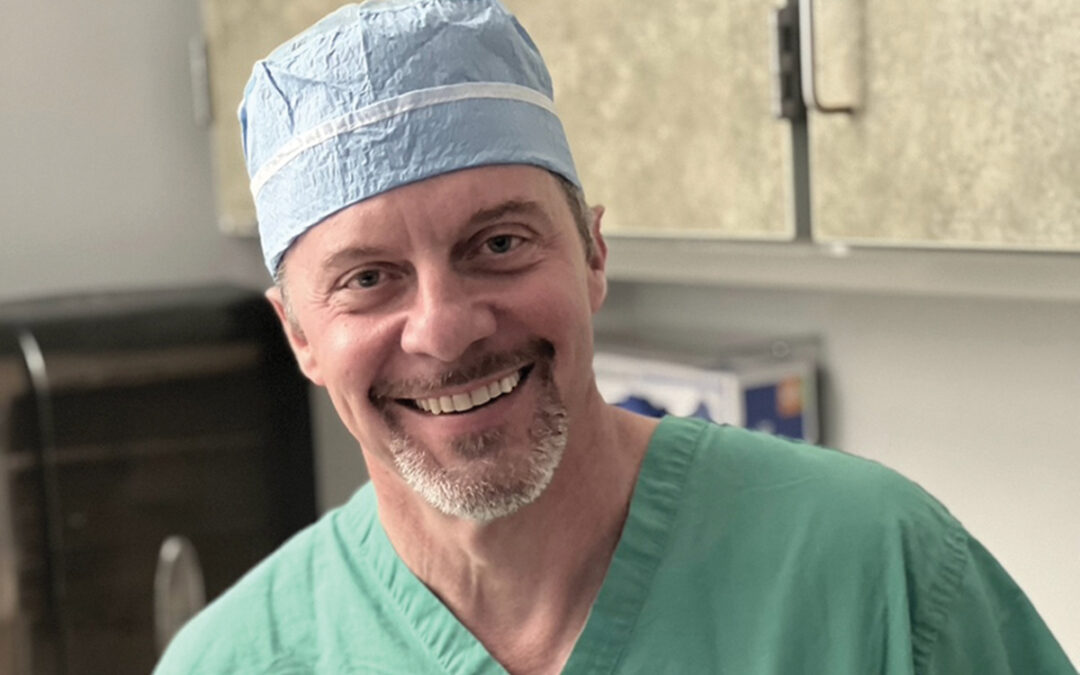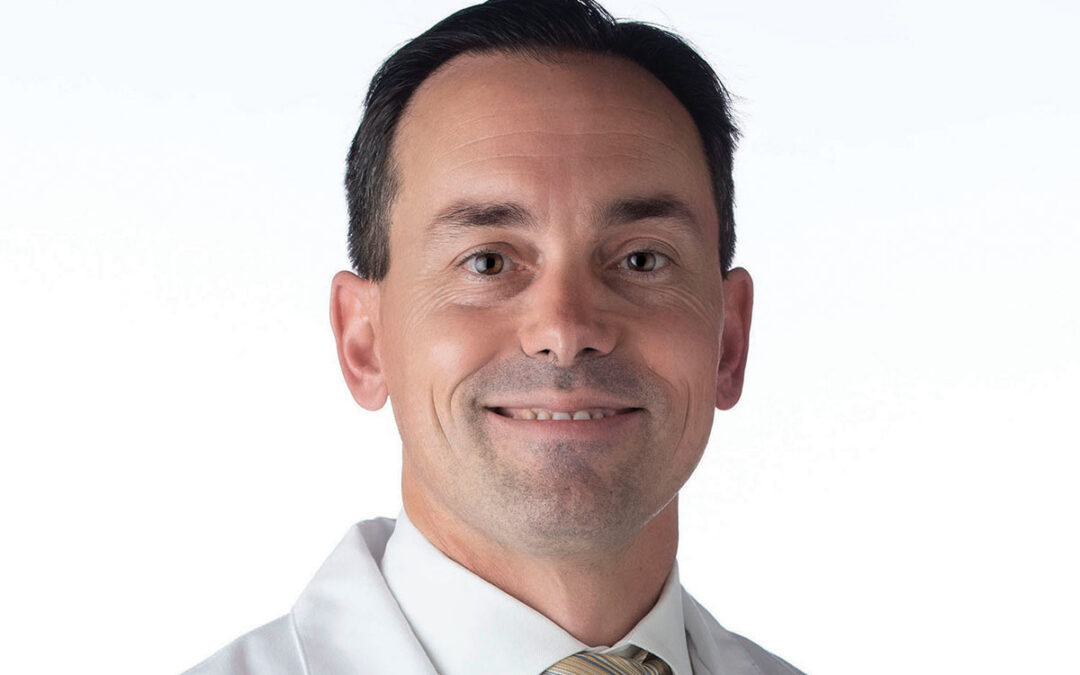
By Jennifer Knudtson, MD
One in eight women is affected by breast cancer. It is the most common cancer in adult females throughout the world. Better diagnosis and better treatment for breast cancer have allowed improved survival. Studies have shown that after completing breast cancer treatment, most young women would like to have a child. With better survival rates for women with breast cancer, along with advances in technology, fertility preservation has become the standard of care to offer these women and their families.
Cancer Treatment and Fertility
Most cancer therapies destroy rapidly dividing cells. The cells in the ovaries are also dividing quickly and can be damaged by the treatments. The strong chemotherapies used in cancer treatment can damage the ovaries and have them enter an early menopause. These treatments may decrease the number of eggs available. Also, some breast cancer treatment regimens consist of drugs to block hormones for up to 5 years. For fertility, the quality and the number of eggs in an ovary decreases over time, so this delay in childbearing can also influence fertility due to age.
Fertility Preservation Options
When selecting a method of fertility preservation, we consider the age of the female, type of breast cancer, treatment planned, if the partner is present, overall health, and the time needed to start cancer treatment. The most common options for fertility preservation in reproductive-age women include egg freezing and embryo freezing. To obtain embryos, in vitro fertilization (IVF) is performed, and the embryos are frozen for future use. To protect the ovaries during some chemotherapies, the ovaries can also be suppressed by medications. For women with cancer, the timing of starting cancer treatment is important, so we accommodate their schedules for appointments and have the fertility preservation cycles start as soon as possible.
Freezing Eggs
To freeze eggs, it is about a 2-week process using injection medications to stimulate the ovaries to grow follicles (the homes for the eggs). During this time, there are frequent monitoring visits and a retrieval procedure that occurs under sedation. The egg retrieval is low risk, and that day, we know how many eggs are available to freeze.
Freezing Embryos
To freeze embryos, the process is similar to freezing eggs, taking about two weeks. On the day the eggs are retrieved, the sperm are placed with the eggs to create embryos. The embryos are frozen after 5-6 days of growth. Currently, there is an option to test the genetics of the embryos, including the number of chromosomes or BRCA mutations.
Safety
Safety of treatment has also been studied in this population. In a study published in JAMA Oncology, there were no increased deaths in the women who underwent fertility preservation. Breast Cancers have some of the same hormones that come from the ovaries, so different medications are chosen to help keep these hormones at reasonable levels during fertility treatment. Specifically, there have been concerns about estrogen levels, including during IVF, so there are certain medications we use to decrease the estrogen during treatment. The risks associated with freezing eggs include a delay in cancer therapy, ovarian hyperstimulation, clots, or bleeding. However, these risks are low.
Fertility after Breast Cancer
After the woman with breast cancer has been treated, the fertility specialist works with the oncologist to plan fertility treatment that is safe and in a timely fashion. If embryos were frozen, a transfer is planned. If eggs were frozen, then sperm will be added to the thawed eggs to create embryos for a transfer. If no eggs or embryos were frozen, then after evaluation of the ovarian reserve, a treatment plan can be made with other options that include helping the ovaries ovulate (release an egg) or using donor eggs.
As medical treatments improve in all areas of oncology and fertility, there are more options for family building and fertility preservation. There are many ways to build a family, and as a fertility specialist, I try to listen to the wishes of the family, choose the safest option, and consider cost-effectiveness. More insurance companies are covering fertility treatment, and most clinics have specific options for women with cancer. Overall, success rates for fertility treatments continue to improve, along with different options for building families.









0 Comments